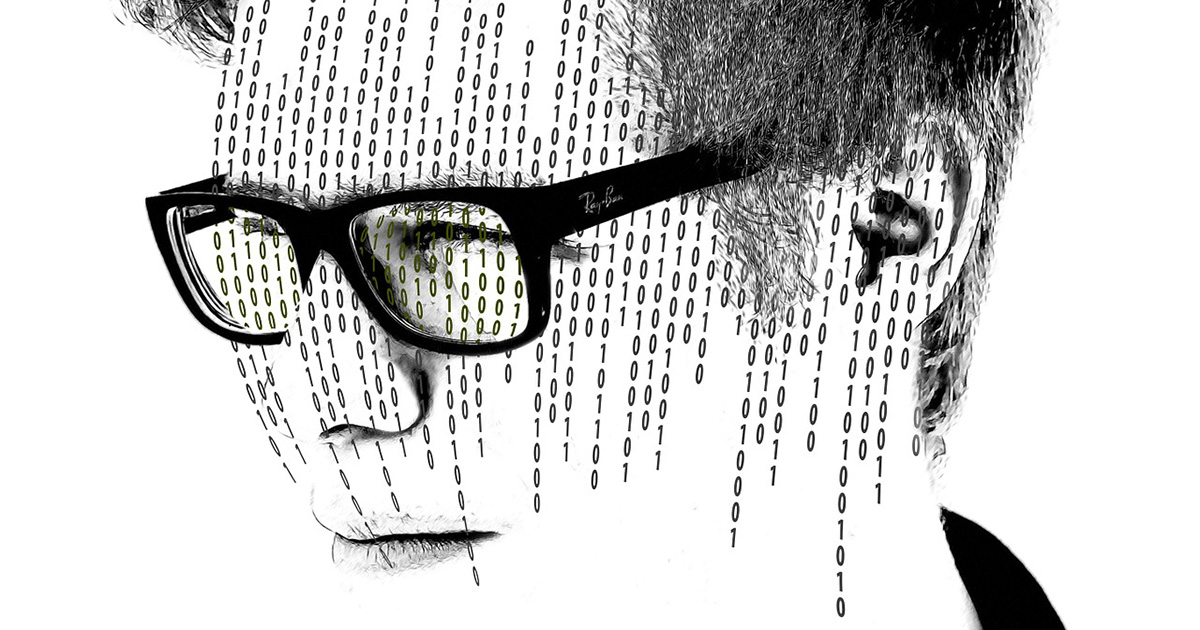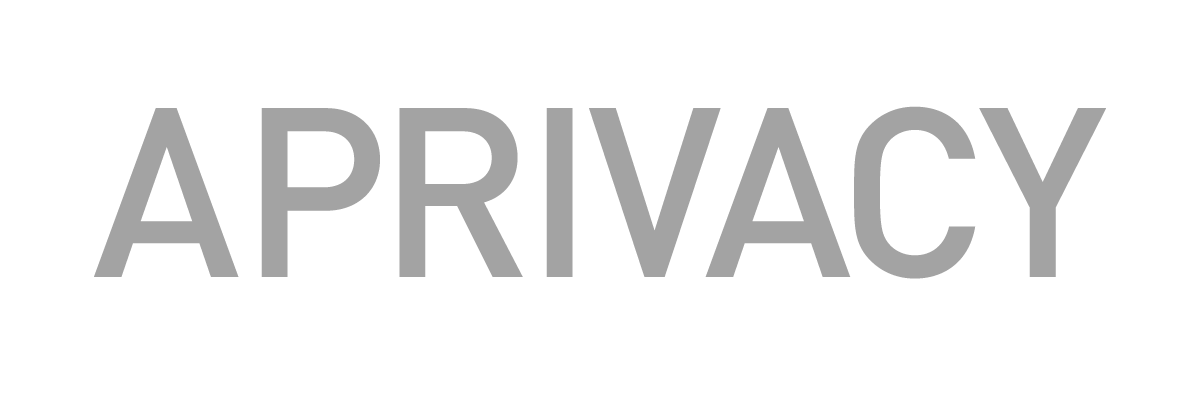How valuable is your digital identity? It’s not an easy question to answer, unless you do what a Dutch student did in 2014 and put your online information up for sale. He auctioned his personal data including medical records, calendar, emails, consumer preferences and his internet browsing history online and managed to fetch US$383 for his “data soul” from tech news company The Next Web.
An identity is a set of personal information and data characteristics linked to one entity (like a person or an organisation). Besides the fact that it determines a person’s uniqueness, identity and its related digital data has in today’s connected world become a highly desirable asset. Steadily rising figures of identity theft are illustrative of this trend: between 2006 and 2008, 1.7 million people in the U.S. were victims of identity theft and this was the number one complaint to the U.S. Federal Trade Commission in 2014 and for the 15 previous years. In South-East Asia, a MasterCard survey reported that 35% of respondents were concerned about identity theft in related to data breaches.
However, when people go about their daily online lives, they may not realise how valuable their digital identity can be, and the lengths some people will go to try to obtain parts of it. Therefore, to what extent is identity valuable so that it could be defined as the new currency of the digital market?
Digital identity is an asset of a transaction that enables online commerce. When you want to pay for something on the internet, you must prove your identity via digital credentials (email address, password, etc.). This enables you to confirm that you are the real person who wants to purchase the item or service. Proving your identity has become even more important in the financial services field as banks must comply with strict regulations such as Know Your Customers (KYC) requirements. They must identify their clients and check their financial background before allowing them to open a bank account or process further financial operations.
Identity can also be thought of as a currency because it creates business and growth: from a macroeconomic point of view, it’s clear that digital data is already a growth driver in the economy. While traditional industries narrowed down to 3.6% from 2008 through 2011 (in Europe), sectors where the use of digital identity is a key component of business prospered with annual growth rates between 15% (e-commerce) and up to 100% (Web 2.0 communities).
Your identity alone is also a tool to maintain a good social reputation and a way for people to trust you as a verifiable and secure source in the digital world (like currency in the non-digital world). Unlike trust and reputation which are subjective measures, identity is an objective representation of fact which we can rely on. The e-commerce website eBay is a good example: consumers who want to purchase items from an online vendor will likely look over the vendor’s past transactions to verify his or her digital identity and if the seller is trustworthy.
Identity is as valuable as currency as it can be credited with a price. According to a Trend Micro/Ponemon Institute survey of worldwide consumers, the attributes of digital identity were worth an average of US$19.60 in 2015. Perception of identity’s value may vary but on average, people first value their account credentials as their most valuable item (login details) to $75.80, followed by health information, Social Security numbers and payment details in decreasing order.
Now that we have highlighted several aspects of a person’s identity and their perceived monetary value, it may help to realise the external threats to digital identities and the importance of ensuring your digital identity and its attributes are well protected.
The Federal Network Data Book reported a 47% year-on-year increase in identity theft complaints in the U.S., totaling nearly half a million in 2015. Identity theft is mainly undertaken by hackers for financial gain. With your credentials, cyber attackers can steal money from your bank account or worse. Hackers now use stolen identities as a cover to set up new credit cards and bank accounts or commit fraud in other people’s names. This kind of fraud is a nightmare for victims trying to prove their innocence and recover their identity. Like financial institutions damaged in these situations, they can also suffer from severe reputational damage.
Personal data and pieces of digital identity owned by companies are a great tool for advertising and targeting consumers for marketing campaigns. Consumers need to be aware that their identity is valuable for companies. Consumers do benefit in some ways from this shared ownership of their digital identity as they are willing to divulge pieces of that data in return for using services freely (e.g., Facebook, Google).
Consumers need to protect their identity by keeping their valuable digital identity up-to-date and secure. The idea of securing this currency is reinforced by regulation, and as Viviane Reding, the European Commissioner of Justice, declared in January 2012, when presenting a proposal for the new General Data Protection Regulation, “Personal data is in today‘s world is the currency of the digital market.“
Digital Security Perfected – APrivacy Ltd. is an award-winning company which combines military-grade data security with a seamless user experience on any platform, any device, anywhere. APrivacy Ltd.’s enabling technology now allows the financial services industry to confidently communicate with clients using their favourite channels leading to increased revenues and reduced costs while meeting the strictest regulatory requirements.


